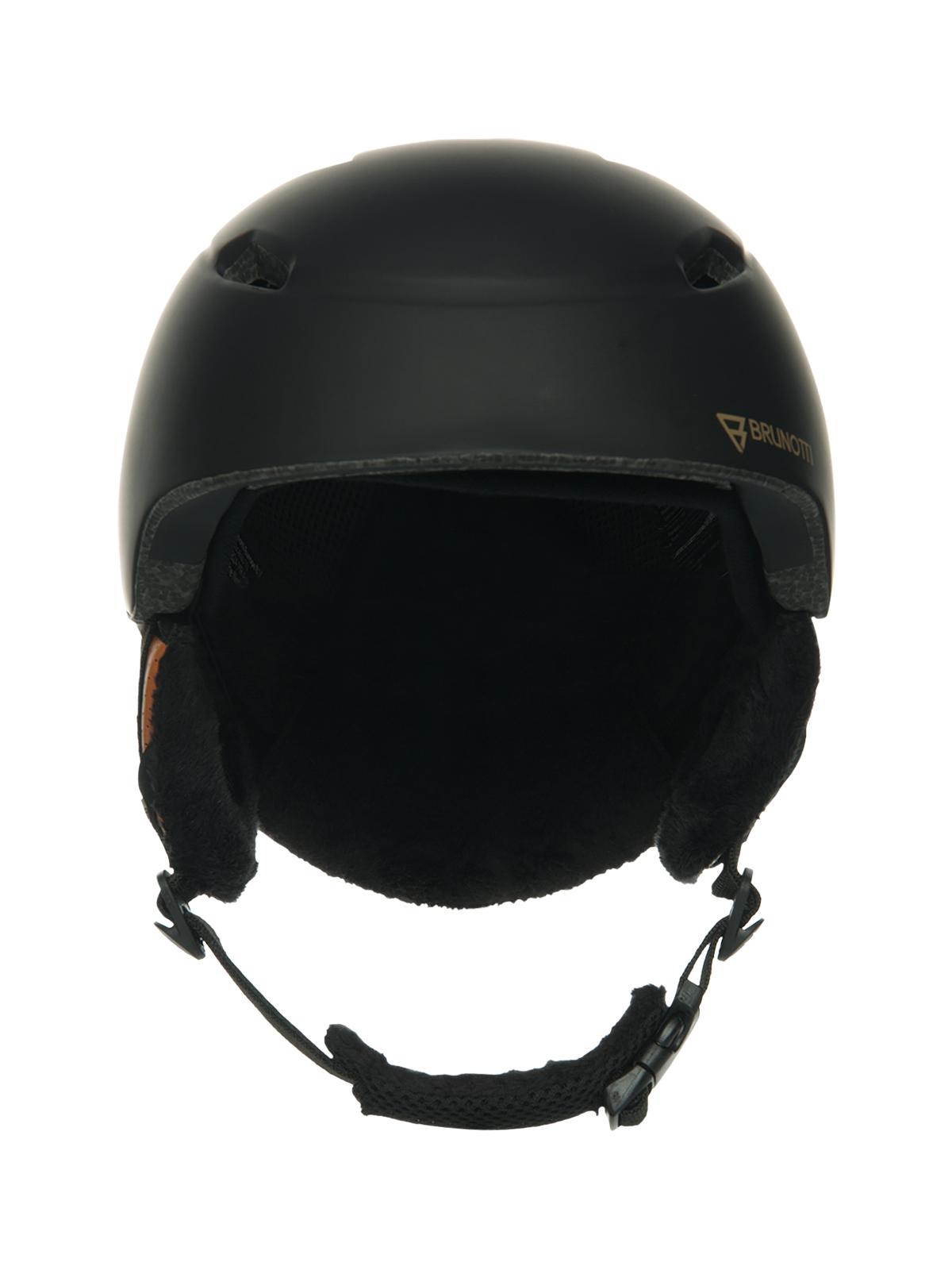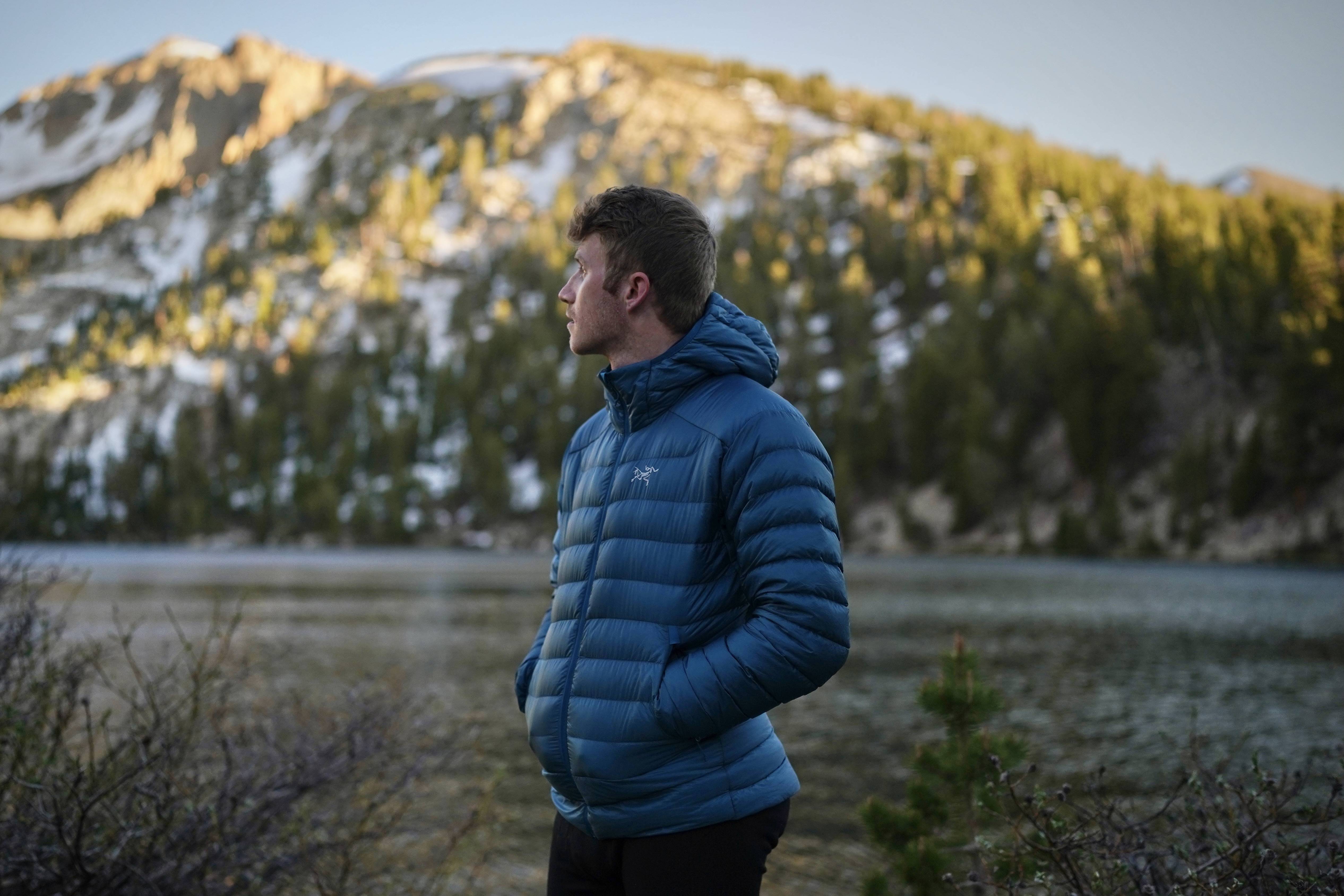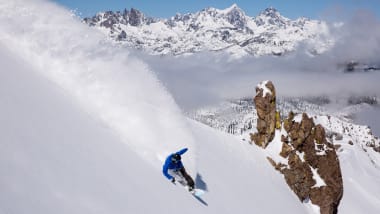
Skis come in many shapes and sizes. Each style of ski has its own unique set of attributes, depending on its intended use and level of skill. When choosing the right ski, there are many things to consider, such as how flexible it is, its materials, and where it will go.
Flexibility is one of the most important aspects to consider, as it affects how a skier can make turns on it. To help beginners get used to the sport, they may require a ski that is more flexible. Skiers who are more experienced can benefit from skis with greater stability and weight support.
Because it absorbs impacts and dampens vibrations, aramid is a popular fiber in the production of skis. It is also much lighter for a given amount of stiffness than fiberglass.

Material is another important factor in choosing the right ski. It has an impact on how the ski will perform on snow. Sidewalls are most commonly made from ABS, TPU, and UHMW. Each material has its own unique mix of mechanical properties, impact resistance, and impact resistance.
When choosing a ski to purchase, you should also consider the tip and tail rocker. This affects the ski's performance in the snow. A ski with tip and tail rocker will be easier to control in soft snow and slush.
Reverse camber is a popular design that's meant for skiing in soft and powder snow but not for carving along groomed trails. This ski design is a more traditional cambered ski, with a shorter effective edge.
These skis' short effective edges will make them less stable at higher speeds.

Movement skis are a great choice for all-mountain skiing because they are responsive in softer snow and can perform well on groomed trails, as long as they aren't pushed too hard. They can also be good for freestyle skiing and telemarking, as they're strong in slushy, crud-filled conditions and can be very responsive in technical terrain.
Cambered center, rockered tip, and tail are excellent options for beginner skiers. This design will keep you centered on the ski and give you more control and stability when you're going slower.
FAQ
What documents should I have with me while traveling?
You can always access important documents while you are on the road by keeping copies at home. You may also want to consider keeping copies of your passport, driver's license, and other official identification cards and any credit card information you might need if you plan to use an ATM machine.
It's always a good idea to carry a photocopy of your passport with you so it can be used as proof of identity if needed.
Don't forget to attach copies of your itinerary or reservations. These will help to keep track of where you are going and what sights you're planning to see.
Also, keep a duplicate of your flight ticket as well as details about your hotel reservation. You will be able to reach someone back home if there is any trouble.
You should never leave valuables behind. Make sure you have a place to store your valuables, such as a money belt or in your luggage.
You can avoid expensive loss by checking your baggage before you travel.
Remember, it's safer to keep things simple rather than trying to plan everything.
So just relax and enjoy your journey!
Should I buy travel insurance?
Travel insurance is vital if you're planning to travel. In fact, you should have cover for all types adventure sports.
For example, if you are skiing, you should ensure that you have medical coverage. You should also consider getting coverage for theft, damage, and loss.
Cover for cancellation should be considered. This will allow you to cancel your holiday with no penalty.
Additionally, it is a good idea to ask for emergency evacuation coverage. This covers being evacuated off the mountain in an emergency such as an avalanche.
What snacks are allowed on an airplane?
There are many snacks to choose from while you're flying. You might consider bringing along any food items you enjoy while traveling.
If you are a chocolate lover, you may want to bring some chocolates along with other snacks like crisps, nuts, and biscuits.
Try packing some cheese and crackers if your goal is to make something savory.
Also, think about what type of drinks you'd like on board. You might prefer something hot or cold.
Whatever kind of snack or drink that you choose to bring along with you, make sure everything is packed securely.
You won't have to worry about your items getting damaged while traveling.
Which countries have the best cuisine?
There are many countries that have different food. It's therefore difficult to identify the best countries for food.
But we can tell you which countries have the most delicious food!
The top three countries, according to TripAdvisor users, are:
-
Italy - Italy has been voted the number 1 destination by TripAdvisor users thanks to its fantastic food.
-
France – France was ranked second for its rich culture.
-
Spain - Spain came third because of its great weather and beautiful beaches.
How can I make traveling more enjoyable?
Traveling is not about just getting from point A and B. You should include all the experiences you have along the way.
So we have created an app called "Traveler," which helps you plan your trip by creating itineraries based on your interests.
We are currently working on adding more features such as booking hotels, flights, renting cars, etc.
The concept behind this project is to create a simple, yet effective travel planning tool for travelers who want more while on vacation.
What should you bring on vacation?
It's important to decide what you want for your holiday. Not just packing clothes. Also, think about where and how long your stay there.
You need to think about what activities you would like to participate in. If you plan to visit exotic locations, you might consider scuba diving. If you are planning to stay somewhere longer, then you might want to take part in local festivals or events.
Tell your loved ones if there are any health concerns so they can plan for you.
How can I travel light and how do I get there?
There are no right or wrong answers when packing for a vacation. These tips will help guide you in choosing what to bring on your trip.
-
Bring only what you really need.
-
Only bring what you are going to wear.
-
Do not overpackage yourself with items.
-
Make sure you have room in your suitcase.
-
Always make sure you have everything you need.
-
You can take advantage of our free storage facilities
-
Reusable water bottles are better than bottled water.
-
You can carry a backpack rather than a suitcase.
-
Walking or cycling is a better option than using public transport.
-
Choose the right size bag.
-
Avoid carrying heavy items.
-
Be prepared for any eventuality.
-
Nothing should be left behind
Statistics
- No Checked Bags: No Alcoholic beverages with more than 70% alcohol (over 140 proof), including grain alcohol and 151 proof rum. (tsa.gov)
- Alcoholic beverages with more than 24% but not more than 70% alcohol are limited in checked bags to 5 liters (1.3 gallons) per passenger and must be in unopened retail packaging. (tsa.gov)
- Alcoholic beverages with 24% alcohol or less are not subject to limitations in checked bags. (tsa.gov)
- Pack sweaters, jackets, and underwear in reusable compression bags creating up to 75% more space in your luggage. (wikihow.com)
- Between the ages of 11 and 13, kids, or tweens, will likely want some autonomy but also need boundaries. (travelandleisure.com)
External Links
How To
What are the top travel tips for beginners
While traveling is an exciting experience there are many traps that you must avoid in order to enjoy a safe and enjoyable trip.
Here are some simple tips to help you plan your next holiday.
-
Get your bookings in early. Book early to get lower prices. You can also save money by not taking advantage of last-minute deals offered to you by hotels or airlines.
-
Stay-at-budget accommodations. You get more for your money in cheap hotels. These hotels are often located close to shopping and public transportation.
-
Don't overpack. Be light. Keep room for souvenirs. Take clothes that fit well.
-
Be sensible. Don't wander around at night if you are traveling solo. Avoid sketchy neighborhoods and areas where crime is high.
-
You can take precautions to prevent theft. Keep valuables hidden from view. Never leave anything valuable unattended when you go swimming.
-
Be careful with cash. Tourists living in foreign cities are often the target of thieves. Keep your money away from prying eyes and only use ATMs at banks or protected facilities.
-
Be familiar with your surroundings. Be sure to learn how to use public transport in order not only do you need to book a hotel but also how to get there. Get information on tourist attractions, restaurants and other sights.
-
Learn about safety. Learn about the culture, customs, laws and traditions of the area before you arrive.
-
Have fun. Enjoy yourself, no matter what happens. It's worth it.